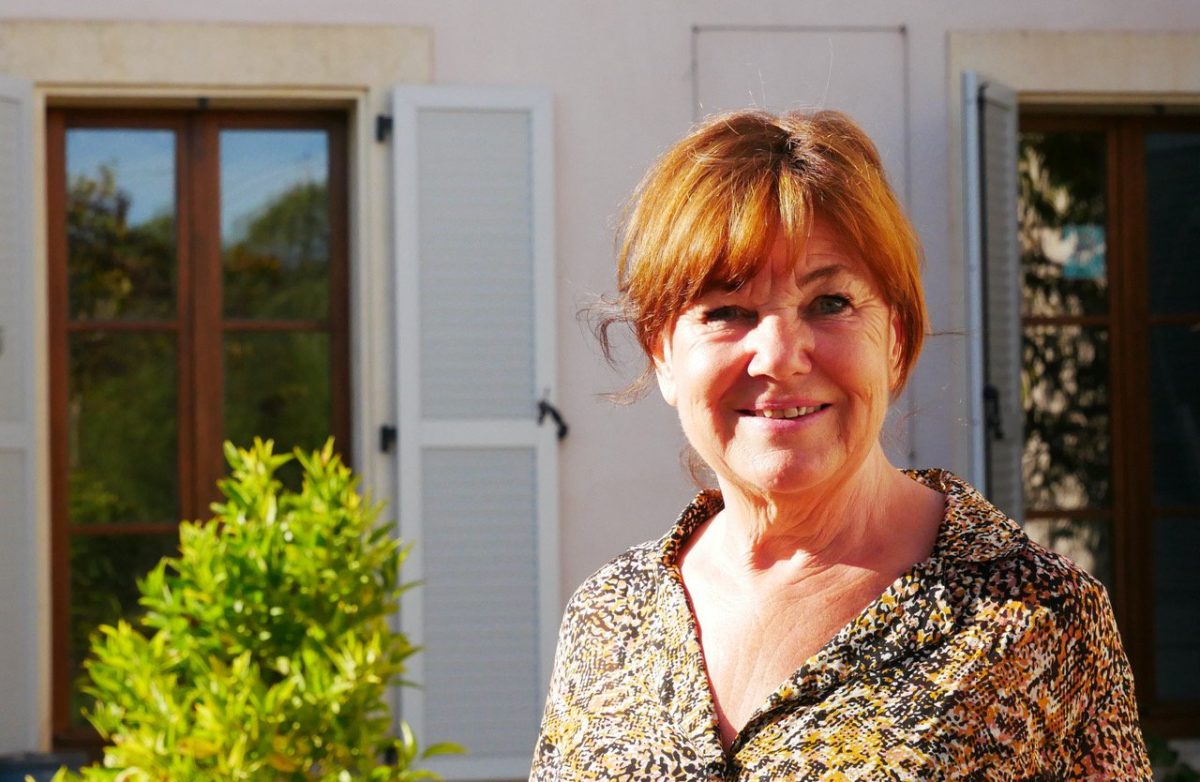
A Life of Tranquility in the French Countryside
Barbara Simpson-Birks, a 74-year-old British woman, has called the south of France her home for over two decades. She moved there in 1998 with her husband, seeking a change from the fast-paced life they had in the UK. Back then, they were busy running their own businesses and raising two children in the Peak District. “It was very stressful,” she recalls. To escape the pressure, they bought a small house in a village in France for £50,000. They would visit it three times a year, but eventually, after their youngest child turned 21, they decided to move permanently.
They settled in Clermont-l’Hérault, a small town located 40 kilometers west of Montpellier, near the southern coast of France. The property they initially purchased dated back to 1156 and had four bedrooms and two bathrooms. It was conveniently located next to a bakery, where the smell of fresh bread filled the air every morning. After selling that house in 2004 for £139,000, they invested the profit into a larger plot of land—6,650 square meters—and began building a new home that would accommodate both their needs and serve as a rental for tourists.
“We knew if we built our own house, we could design it any way we wanted,” Barbara explains. They started by constructing two smaller cottages to live in while the main house was being built. “We had to sell everything that was attached to our two businesses,” she says. The final structure, completed in traditional style, featured five bedrooms, four bathrooms, a swimming pool, fountain, terrace, courtyard, and a sprawling garden with chickens. “It has a great, big sitting room with a hanging fireplace that comes down from the ceiling,” she describes.
After her husband passed away three years ago due to Parkinson’s and dementia, Barbara sold the two cottages they had initially built. “They’re very nice neighbors, but they only come every couple of weeks,” she notes. Her nearest neighbor is just 50 meters away, and only 10 families live on their lane. “I love how quiet it is—living here on my own doesn’t worry me at all.”
Barbara enjoys the proximity of nearby cities like Montpellier, known for its vibrant culture, theatres, ballets, and operas. Just a short drive away is Béziers, a coastal city where she often goes for lunch with friends. “We’ll have food in an old shack on the sea that has fresh fish,” she says. Over the years, she has grown fond of the slower pace of life in the French village. “I was running ragged in the UK,” she reflects. “Here, I’ve got time to just stand and stare.”
On Wednesdays, she visits the local market, where she buys fresh produce, including cheeses, fruits, olives, and vegetables. While food tends to be more expensive in France, she believes it is generally of better quality than what she finds in the UK. “It costs to produce good, fresh food, and we’ll pay for it. The French eat healthily and are not afraid to spend money on quality. Neither am I.”
Wine, too, is a highlight of her experience. “Wine is fabulous in France and costs a fraction of what it does in the UK,” she says. “You’ve got to pay so much for good wine in the UK because of taxes.” She can enjoy a €6 bottle of wine that would cost £20 in the UK. Unlike in some other countries, drinking in France is not about getting drunk. “You just don’t get the heavy drinking here,” she says. “We just celebrated a national French holiday, and people were in bars drinking, but no one was drunk. Nobody is sick on the streets.”
This sense of safety makes her feel secure walking around the village. “I’ve never had a thing stolen from me since living here,” she says. “I lock my doors at night because I’m here alone, but most of my friends don’t ever lock their doors.”
When not hosting guests or working as a wedding celebrant, Barbara spends her time meeting friends for meals, doing yoga, swimming in her pool, and tending to her garden. She has friends all over France and enjoys traveling, noting that the roads are well-maintained and motorways are quiet.
In her experience, the healthcare system in France is much better than in the UK. While state healthcare is not free at the point of use, it is supported by statutory insurance funded via taxes, co-payments, and private insurance. “When you first come here, you get a card—the Carte Vitale—and it will be the most treasured piece of paper you ever get,” she says. For a 40-minute doctor’s appointment, she pays €26, but 70% of that is reimbursed. She also pays €85 monthly for private healthcare to cover what isn’t covered by her insurance.
The only challenge she faces is the bureaucracy. “You can sign 30 pages for the smallest of things,” she says. “Life is great here unless things go wrong, especially when you don’t speak the language well.”
Despite this, Barbara has no plans to leave. “I feel embedded in French culture,” she concludes. “A Frenchman recently said to me that although I’m English, I’m French at heart. He’s right. Although I’ll always support England before France in the rugby.”


Posting Komentar